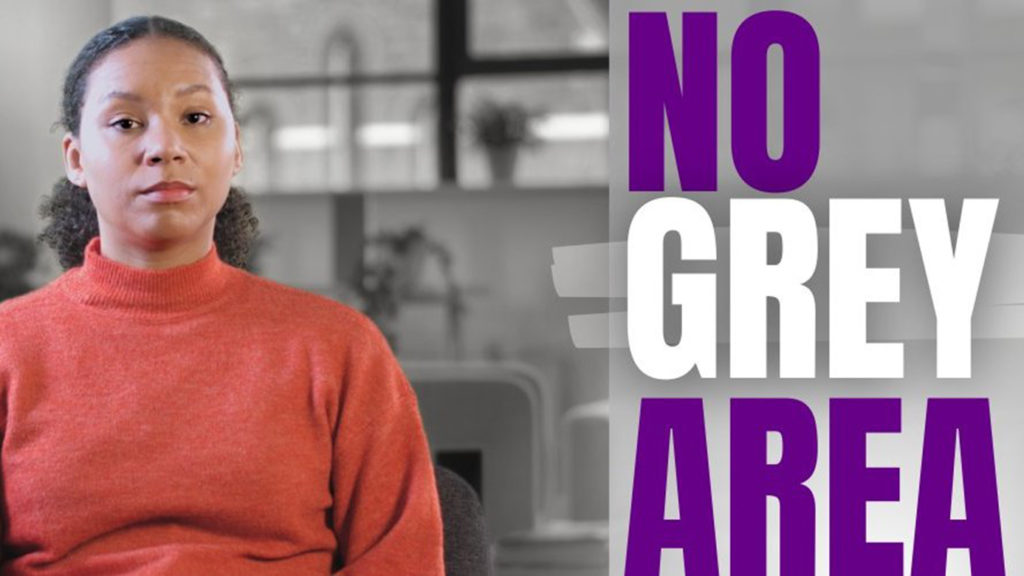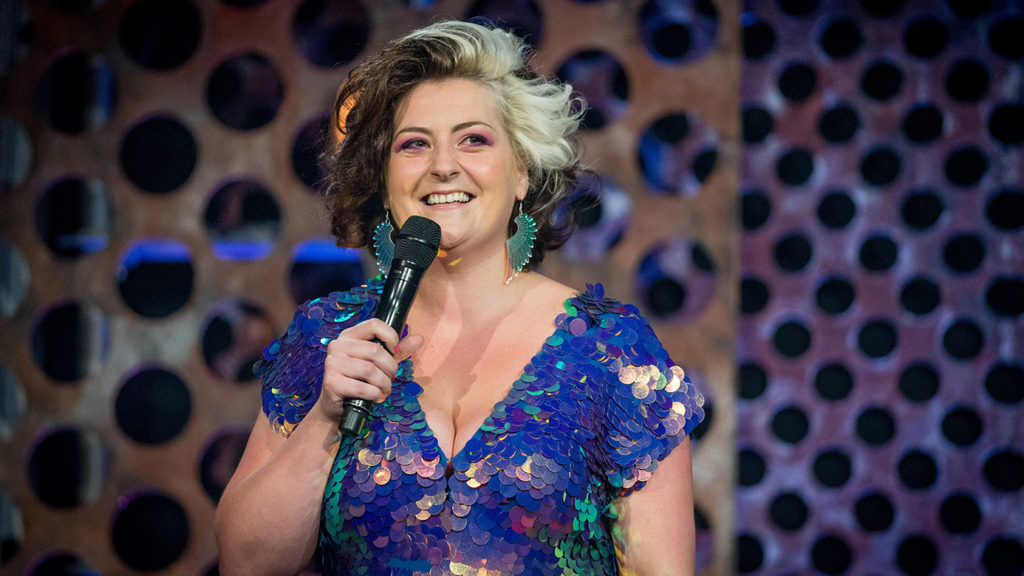Four out of five women in Wales have experienced some form of sexual harassment at work.

Welsh Women are resisting sexual harassment through a new campaign launching by Welsh Women’s Aid organization on International Women’s Day.
#NoGreyArea calls out toxic workplace environments where sexual harassment can flourish. This organization is a national charity working to end domestic, sexual violence, all violence against women.
This movement is launched because on their recent survey from over 200 responses in Wales, found that four out of five women in Wales have experienced some form of sexual harassment at work.
Sara Kirkpatrick, who work for Welsh Women’s Aid, said: “Shocking but sadly not unexpected.”
“Sexual harassment is endemic in workplaces across Wales,” said Sara, “Our society can no longer ignore the fact that, for the majority of women in Wales, the workplace is not always a safe space.”
“Having seen first-hand the impact of sexual harassment on women and non-binary people in the comedy circuit, I felt it was really important to back Welsh Women’s Aid’s #NoGreyArea campaign,” said Kiri Pritchard-McLean, who is a comedian and writer supporting the campaign. “Whether you work in an office or a bar, whether you are a politician or a stand-up comedian, sexual harassment impacts us all”, she said.

Women who have experienced sexual harassment at work often talk about the frustration of the ‘grey area’ they have. They are trapped in speaking up about unwanted behaviour that would either negatively escalate the situation or have severe impacts on their jobs and livelihoods.
“The obscene sexual things they would say to me were just disgusting. They would say it in the office in front of a room full of people and it was so embarrassing and belittling,” said Lucy, who had been experienced years of sexual harassment, “I was being boiled down to nothing more than my sexuality. It was awful.”
“Every single time I’d ask them to stop, I’d hear ‘it was just a joke’. When you hear that so often, you do start to question yourself and wonder if there’s something wrong with how you’re reacting to these things.”
Many women who wanted to stop the sexual harassment received similar answer as Lucy. This kind of answer makes victim uncomfortable, frustrated, frightened. While perpetrator does not receive any punishments on their behaviours sometimes victim even bears more reversely.
“I said to him that his behaviour was wrong, I felt like I had no one as an ally,” said Johanna, who experienced racialised sexual harassment from her manager, “It was exhausting. I had stress and anxiety.”
“I decided to go to the police. He was cautioned, but the restaurant owners didn’t suspend him right away until they investigated. He blamed me and said I’d accused him of inappropriate behaviour because I was always late and my work wasn’t good enough. He actually issued me with a warning.”
To make public know more about this campaign and sexual harassment dilemma in workplace, the Welsh Women’s Aid will supply free online expert discussion on this 12 Mar from 10:30am to 11.30am.
“I hope that by exposing the ‘grey area’ dynamic and highlighting how pervasive an issue this is in Wales,” said Kiri Pritchard-McLean, “More women will feel empowered to speak-up against unwanted behaviour and more men will realise why sexual harassment at work is completely unacceptable.”
More movement information can be found at Welsh Women’s Aid.
